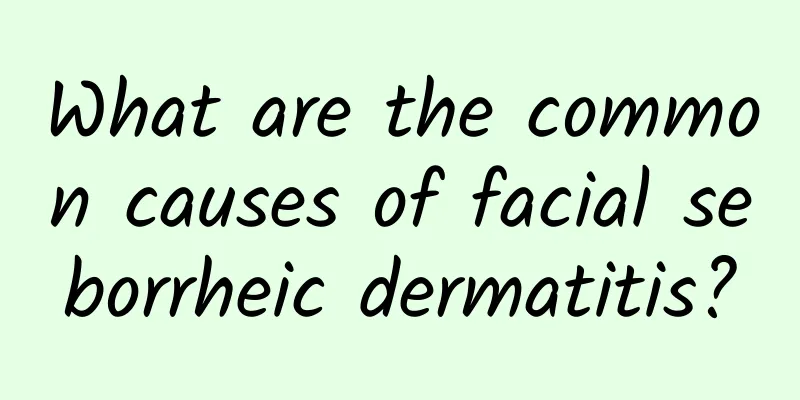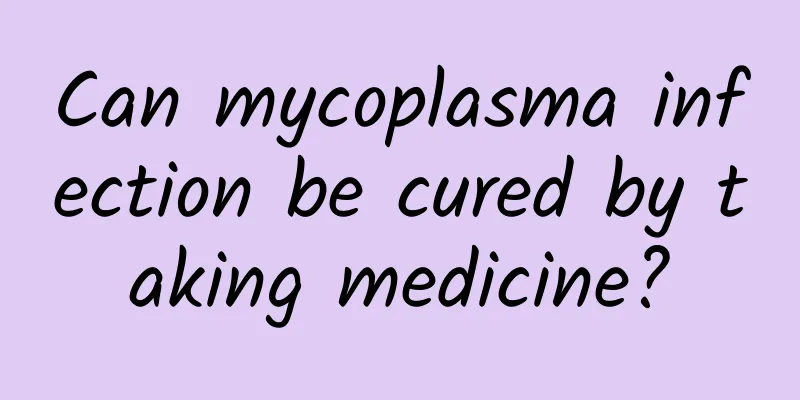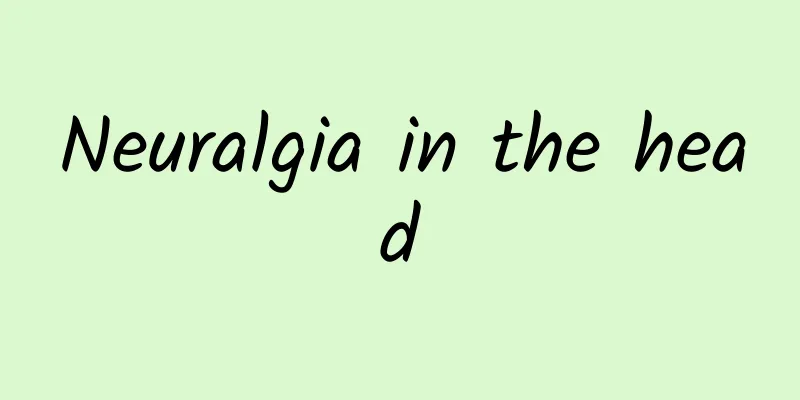What should I do if I have bilateral maxillary sinusitis?

|
Bilateral maxillary sinus inflammation is a disease that is relatively common in the human body. When suffering from this disease, it has a great impact on the human body, and symptoms such as runny nose, pus discharge, memory loss, and headache will appear. Faced with this situation, people hope to take timely measures to deal with it to prevent more serious situations. So let's take a detailed look at what to do if you have bilateral maxillary sinusitis? Maxillary sinusitis mainly affects the affected side or both sides of the sinus, with anterior or posterior nasal drip, and sometimes nasal secretions flow out with changes in head posture. Patients complain of a lot of sputum and odor, and the secretions are mucopurulent or purulent. Patients often have dizziness or purulent. Patients often have dizziness, headaches, memory loss, and thoughts. Unable to concentrate. However, some patients forget their symptoms and only discover chronic maxillary sinusitis during nasal examination. Drug therapy: maxillary sinus puncture and irrigation; maxillary antrostomy; maxillary antrostomy through the labial-gingival groove and inferior meatus. Western medicine treatment: 1. Apply decongestants and glucocorticoids in the nasal cavity to improve nasal ventilation and drainage. The commonly used drug is oxymetazoline hydrochloride spray, which should not be used continuously for more than 7 days. 2. Nasal irrigation, 1-2 times a day, can be rinsed with normal saline to discharge nasal secretions. 3. Maxillary sinus puncture and irrigation, which is very effective for maxillary sinusitis. 4. Use negative pressure suction to suck the liquid into the sinus, which is more suitable for maxillary sinusitis, sphenoid sinusitis, and chronic pansinusitis. 5. Oral antibiotics. Traditional Chinese medicine treatment: 1. Oral Chinese medicine or Chinese patent medicine. Commonly used medicines include Longdan Xiegan Pills or Xiebai Powder. It is recommended to go to a local Chinese medicine hospital or a Chinese medicine expert for symptomatic treatment. 2. Fumigation of the nose, using aromatic drugs that can open the orifices, promote qi and blood circulation, such as Xanthium sibiricum, Magnolia officinalis, Mint, Chuanxiong, and Angelica dahurica. 15 grams, decoct in water, let the patient inhale the hot air while it is still hot, repeat several times. 3. Use aromatic drugs to dredge the nose to dredge the nasal passages and facilitate drainage. 4. You can massage the Yingxiang acupoint frequently, which will also have a certain effect. Personally, I think conservative treatment is better. Western medicine is generally antibiotics and hormones, which have serious side effects. It is recommended to use traditional Chinese medicine for treatment. It is best to find a traditional Chinese medicine hospital or a traditional Chinese medicine expert for symptomatic treatment. Usually, you should pay attention to eating less spicy food, you can use chrysanthemum and honeysuckle to make tea, and pay attention to preventing colds. |
<<: What should I do if my baby has white spots on his upper jaw?
>>: What causes itchy upper jaw?
Recommend
White eye bleeding
White eye hemorrhage is also known as subconjunct...
What are the contraindications of Aconite?
People who have some knowledge of Chinese medicin...
What is considered good sleep quality?
Sleeping is the most important thing for a person...
What is the cause of vulvar itching and what to do
I believe many female friends have experienced sy...
How to regulate women's qi and blood deficiency, old Chinese medicine recommends dietary therapy formula
If female friends find that they start to develop...
What are the benefits of anti-slip pads for glasses
In life, for people who wear glasses, they may we...
What causes high levels of creatinine?
Many people will have high levels of myocardial e...
In what cases can moxibustion not be used?
Moxibustion is a very popular health-preserving m...
Knee strain symptoms
Generally, knee strain is caused by excessive exe...
How long after drinking can I breastfeed?
If you are breastfeeding, you absolutely cannot d...
What foods are good for myocardial ischemia?
People with myocardial ischemia should eat scient...
Steps of drinking Gastrodia elata soaked in water
Gastrodia elata has the effects of calming the li...
Can I drink compound donkey-hide gelatin during menstruation?
Women's physical health requires special atte...
What should I do if the needle breaks during an injection in the buttocks?
When performing an intramuscular injection, if th...
Foods that nourish the kidneys and improve eyesight
Nowadays, electronic technology is developing ver...









